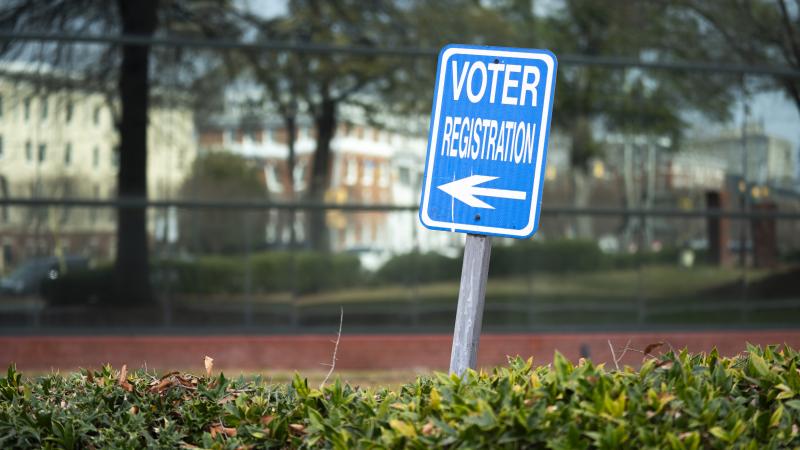Taxpayer subsidies for noncitizen health care in Illinois faces criticism from all sides
Gov. J.B. Pritzker’s move to freeze part of the program of taxpayers subsidizing the health care of non citizens continues to get pushback.
Gov. J.B. Pritzker’s move to freeze part of the program of taxpayers subsidizing the health care of non citizens continues to get pushback.
Tovia Siegel with Healthy Illinois Campaign said grassroots groups and lawmakers protested Friday in Chicago. They’re demanding the governor reverse his decision to freeze the program of health care for noncitizens between the age of 42 and 64.
“Ultimately we do want all ages regardless of immigration status to be covered,” Siegel told The Center Square. “These are low-income immigrants.”
In 2020, Illinois approved state taxpayer subsidies to cover noncitizen health care for those over 65. The program was expanded in 2022 to include those 42 and older. Estimated costs without any controls was more than $1 billion for the coming fiscal year.
The overall budget for the fiscal year that begins July 1 has taxpayers on the hook for $550 million for the program. State Sen. Steve McClure, R-Springfield, said the entire idea is not sustainable.
“If you put money here, you don’t have other money to go into other places, so in fact that’s exactly what you’re doing,” McClure told WMAY. “It’s really frustrating for all of us.
Earlier this month, Pritzker announced he would implement copays for the noncitizen health care program of up to $250 and freeze the program for those between the age of 42 to 64. The 65 and up program will be frozen if more than 16,500 noncitizens enroll.
McClure said there are limited taxpayer funds and criticized supermajority Democrats for not realizing that when they approved funding migrant health care.
“You don’t necessarily think about what you’re doing and sometimes you get into things that you sort of start to realize were a bad idea and I think that is reflected in the governor’s decision to change the policy up a little bit,” McClure said.
While federal dollars are not allowed for such a program, Siegel said that’s not necessarily true.
“There is federal reimbursement under emergency Medicaid for anything that’s deemed an emergency which is actually a pretty wide range,” Siegel said.













